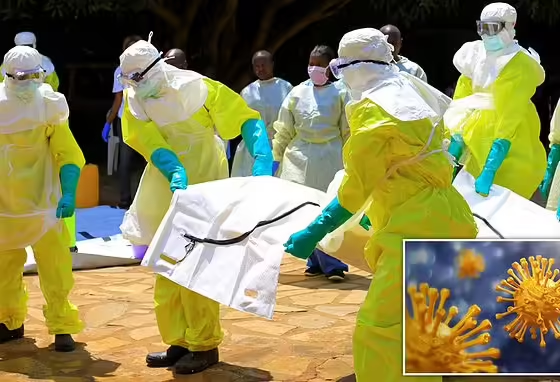Brazil recorded its first deaths from the Oropouche virus, an unknown disease which spreads from the bites of mosquitoes and midgets that are infected with the oropouche virus. The country has recorded the first-ever deaths due to this particular virus. The two women who succumbed to the infection were both under the age of 30 years, according to the Brazil Health ministry.
According to reports, the symptoms experienced by these women due to this virus are very similar to dengue infection.
What Is Oropouche Virus?
First identified in 1955 near the Oropouche River in Trinidad and Tobago, the Oropouche virus is part of the Orthobunyavirus genus. It spreads mainly through bites from Culicoides midges, with humans as accidental hosts. While most cases result in mild symptoms like fever, headache, and muscle pain, severe cases can lead to neurological problems and even death.
Symptoms and Diagnosis
Infected individuals might experience fever, joint pain, rash, and sensitivity to light. Severe cases can lead to encephalitis or meningitis, causing neurological issues. Diagnosing this virus is challenging due to its similarity to other arboviral diseases, requiring specialized lab tests for accurate detection.
Transmission and Prevention
The virus mainly spreads through bites from infected midges, common in rural and forest areas. To reduce transmission risks, people should use insect repellents, wear protective clothing, and avoid going outdoors during peak biting times. Controlling midge breeding sites is also crucial in preventing the virus’s spread.
In response to the growing threat, Brazilian health officials have increased surveillance and implemented specific control measures. This includes vector control activities, raising awareness among healthcare workers and the public, and boosting laboratory capacities for timely diagnoses. International partnerships are also in place to share knowledge and resources to combat this public health threat.











